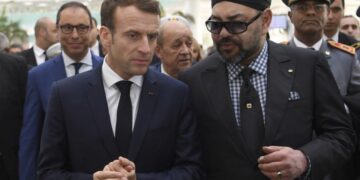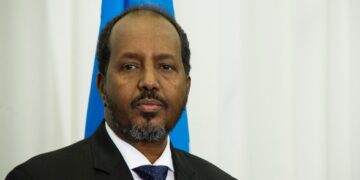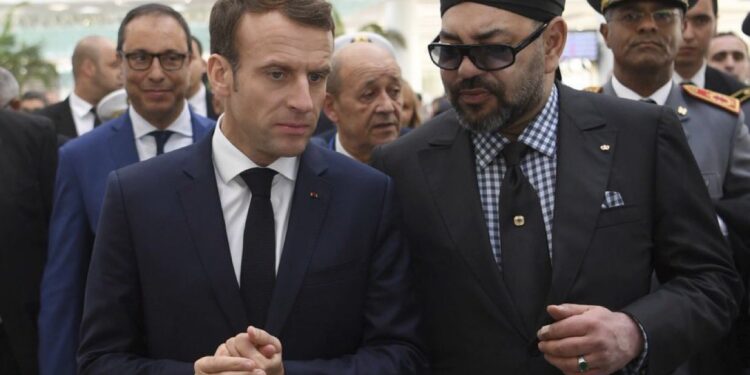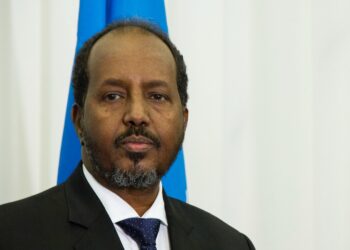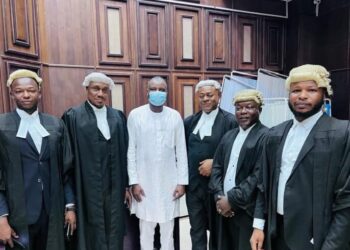By Lucy Adautin
France has altered its long-standing position on the Western Sahara conflict, endorsing Morocco’s autonomy plan for the region and joining a growing number of nations backing Morocco amid a stalled United Nations peace process.
In a letter to King Mohammed VI, French President Emmanuel Macron described Morocco’s 2007 proposal to grant limited autonomy to Western Sahara under Moroccan sovereignty as the “only basis” for resolving the conflict. This move deals a significant setback to the pro-independence Polisario Front, which has long claimed to represent the indigenous Saharawi people.
“The present and future of Western Sahara fall within the framework of Moroccan sovereignty,” Macron stated in his letter, which was made public on Tuesday. “France intends to act consistently with this position at both national and international levels.”
This shift marks a major victory for Morocco and aligns France with the United States, Israel, Spain, and several African nations, all of which have recently backed Morocco’s position and aim to deepen trade ties with the North African country.
Morocco’s regional rival, Algeria, and the Polisario Front preemptively criticized the move in the days leading up to the letter’s publication.
Polisario’s Mohamed Sidati accused France of contravening international law and supporting Moroccan expansionism amid its waning influence in Africa. “Whatever hardship Morocco tries to impose on us with the support of France, the Sahrawi people will continue to stubbornly defend their rights until they obtain the definitive departure of the Moroccan aggressor from their territory and general recognition of the legitimacy of their struggle for self-determination and independence,” Sidati, the Foreign Minister of the self-declared Saharawi Arab Democratic Republic, said on Monday.
A high-ranking Moroccan official, speaking anonymously, called France’s shift “a game-changer” amid an international trend toward supporting Morocco’s position. The official highlighted France’s role as a permanent member of the United Nations Security Council, which oversees the peacekeeping mission mediating between Morocco and the Algeria-backed Polisario Front.
Algeria, informed of France’s policy change in advance, labeled Morocco and France as “colonial powers, new and old.” Algeria’s Ministry of Foreign Affairs issued a statement last week, saying, “The French decision is clearly the result of a dubious political calculation, a morally questionable judgement and legal interpretations that are neither supported nor justified.”
The conflict over Western Sahara began in 1975 when Morocco annexed the former Spanish colony, sparking a struggle with the pro-independence Polisario Front. The United Nations has long recognized the Polisario Front as the legitimate representative of the Saharawi people.
A 1991 UN-brokered ceasefire established a peacekeeping mission to monitor the truce and prepare for a referendum on the territory’s future. However, disagreements over voter eligibility have prevented the referendum from occurring.
While Morocco has sought international recognition of its claim over Western Sahara, the Polisario Front has focused on legal battles to assert its right to represent the people and territory. Sporadic violence has erupted since the Polisario renewed armed conflict in 2020, ending a 29-year truce.
This enduring territorial dispute remains a critical factor in North Africa’s major issues, including migration, smuggling, and counterterrorism.
